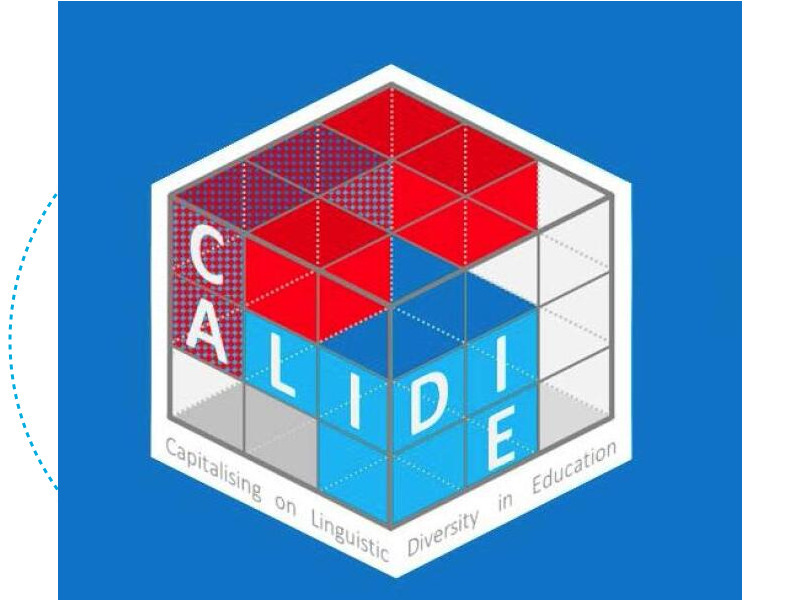Syntactic markers are graphemic elements whose proper use depends on syntactic condtions. Prominent examples are silent agreement markers in French and the capitalization of nouns in German. I will start with an overview over syntactic markers as they appear in various orthographic systems, and will discuss what characterizes and what distinguishes them cross-linguistically. Experience shows that syntactic markers constitute a major hurdle in spelling across languages. The question what makes them so difficult has been a topic of some international and comparative research. I will review this research and contrast competing models designed to explain the difficulty of syntactic markers. Thus, I will advance the hypothesis that successful learners of syntactic spelling rely on direct access to syntactic information rather than rule-based procedures.
Dr Reinold Funke is Professor emeritus of German Language and Literature and their Didactics at the University of Education Heidelberg. He worked as a teacher in various secondary schools for fifteen years. From 1995 to 2017, he held academic positions at the University of Flensburg, at the University of Lüneburg and at the University of Education Heidelberg, training preservice teachers in the field of German language and its didactics. Reinold Funke’s areas of expertise are syntactic learning, textual learning and empirical research in L1 instruction. He has been cooperating with Professor Constanze Weth (Uni.lu) in an intervention project aiming at fostering syntactic spelling skills in multilingual Luxembourgish pupils.
Contact: peter.voss@uni.lu | http://dtucalidie.uni.lu
